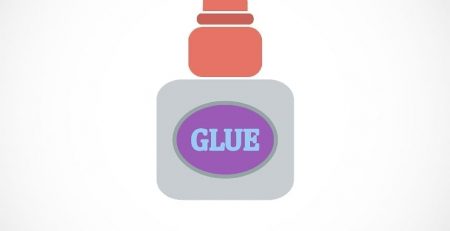MIT Scientists and Adobe Engineers Team Up to Solve Bit-Rot
Bit-rot—it’s something MIT professor and researcher Saman Amarasinghe describes as “a billion-dollar problem” and something companies like Adobe are dealing with consistently. Programs – like their widely used Photoshop – that require high-performance, highly optimized code tend to become very difficult to work with and experience reduced responsiveness and performance over time. Software engineers then must invest large amounts of time manually testing potential solutions to fix the code.
This is why Adobe engineers teamed up with MIT computer scientists to develop Helium – a Computer Science and Artificial Intelligence Laboratory (CSAIL) program that automatically fixes old code without needing access to the original code in a matter of hours, or even minutes.
Helium does this by identifying computational “stencil kernels,” which use exceptional amounts of memory and computer power and their performance degenerates quickly. Helium gathers these kernels from a stripped binary and restructures them in a CSAIL programming language, Halide, which is designed for image processing. Helium then replaces the bit-rotted components with re-optimized ones.
This has improved Photoshop’s performance by 75 percent, and has event improved the performance of less optimized programs, such as Microsoft Windows’ IrfanView, by 400 to 500 percent.














